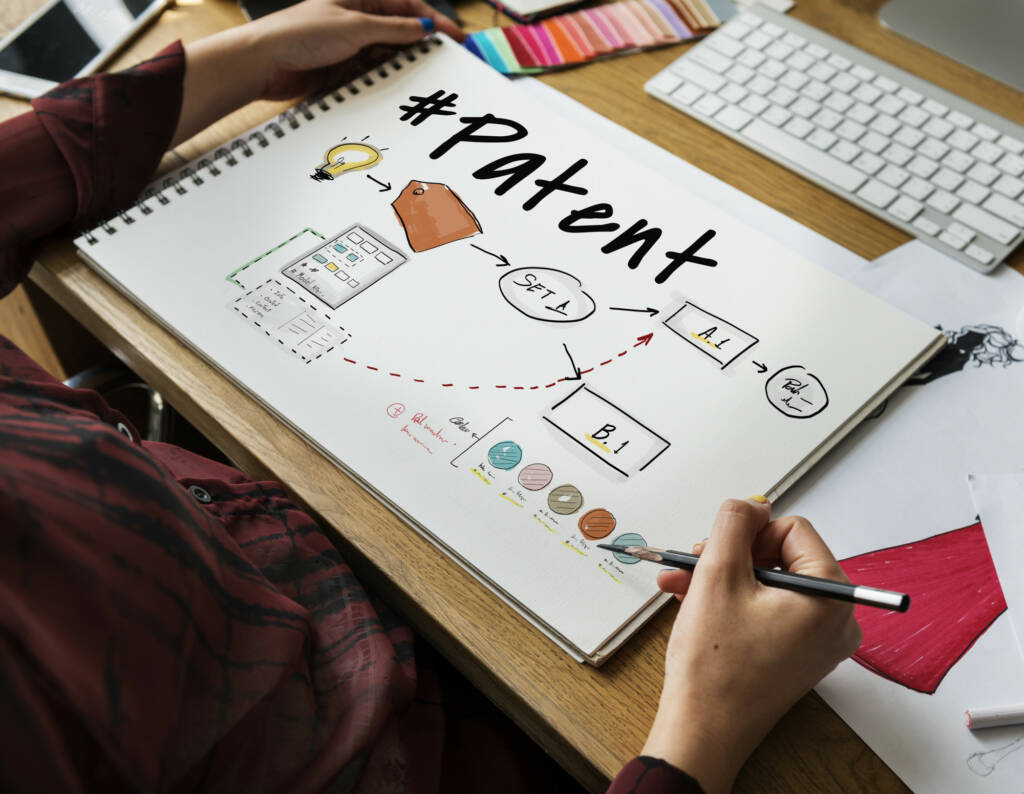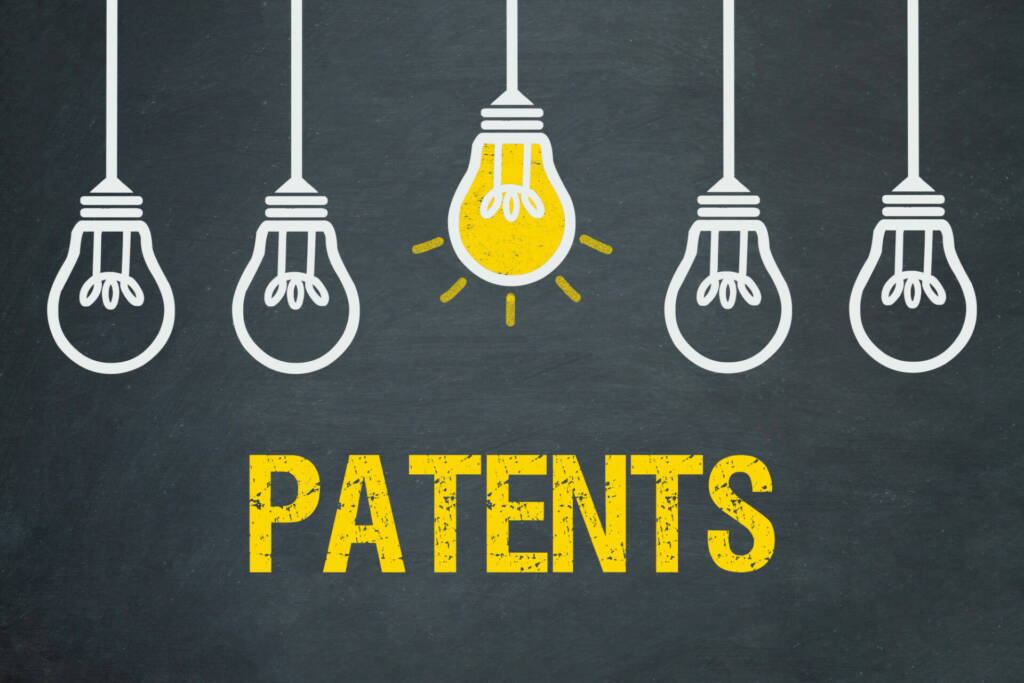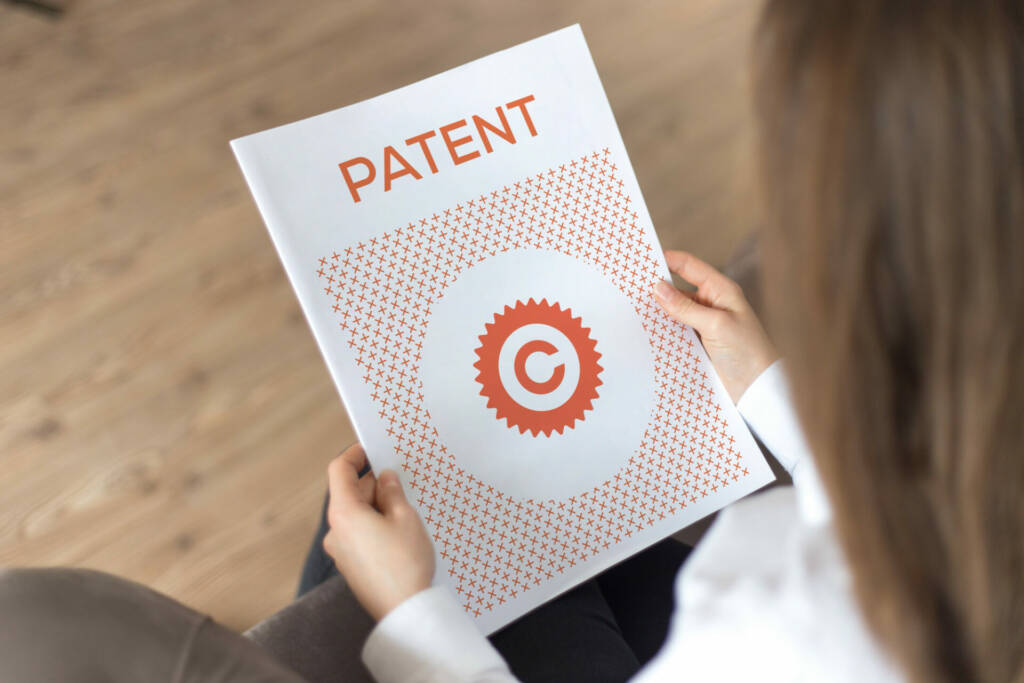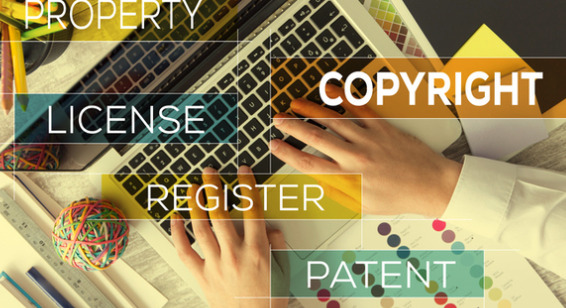
7 Reasons to Get Patent Protection for Your Software Creation
Are you wondering how to protect your latest software development? Read here for seven reasons you should get patent protection for your software creation. Did your team recently develop a new type of software? No matter which industry you’re in, this is a major milestone that’s worth celebrating. Once you




